Are Fresh Tires Really Better?
Bridgestone Tire Clinic | Tire Talk
Are Fresh Tires Really Better?
If you’re in the market for new tires for your car, you’ve probably heard your fair share of stories about the importance of purchasing freshly manufactured tires. You might have a friend that tells you about how tires that are more than a year old are as good as ‘expired’, and insists that tires will age and harden when unused – but are they all true? Read on to find out if there’s any truth to these myths!
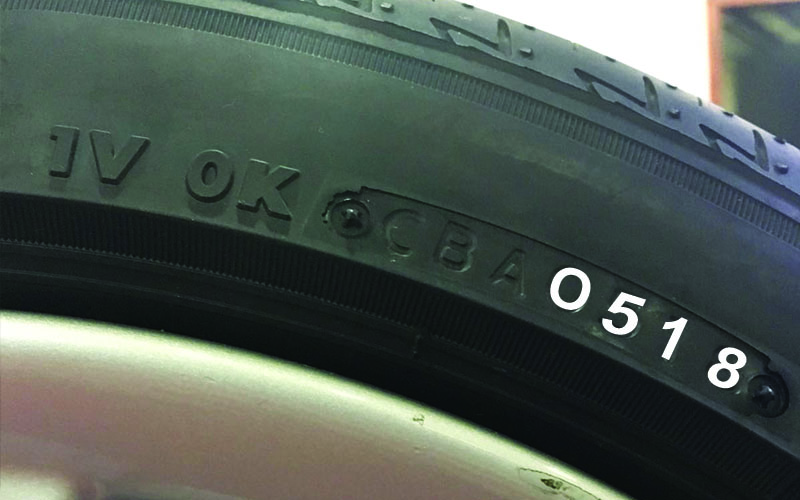
Myth 1: Tires purchased closer to their manufacturing date are better as you can enjoy a longer warranty period.
Bridgestone offers a product warranty of 5 years from the date of manufacturing. So while it is true that you’ll enjoy a longer warranty period if tires are purchased early, it’s much more likely that the effects of wear and tear will take place long before the warranty expires. As such, warranty concerns should not be a huge factor to consider when purchasing new tires.
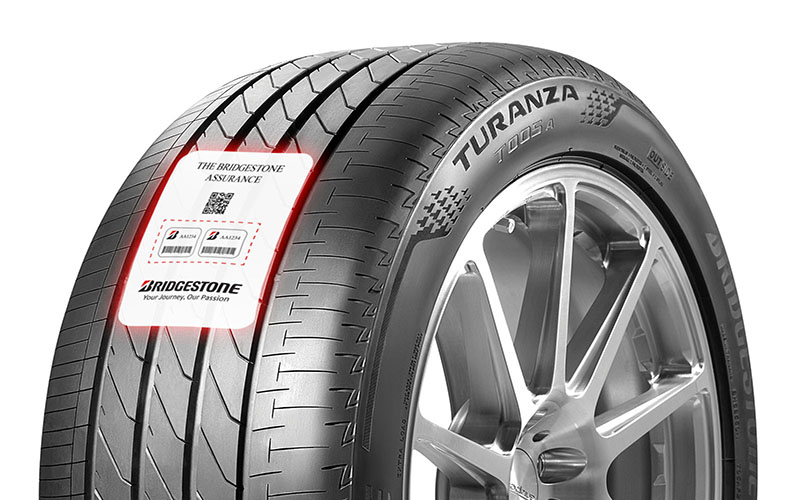
Quick Tip: Look out for the Bridgestone Assurance sticker on your tires when you purchase them from an Authorised Bridgestone Dealer. This is ensures that your set of new tires have been manufactured with our local climate in mind, and handled with strict procedures from shipping to storage.
Myth 2: Tires sold way past their manufacturing date are likely to not be in tip-top condition.
Not necessarily. Yes, it is true that tires do age over time. However, tires are fit for use as long as they are stored properly. Ideally, tires should be kept in conditions where there are minimal changes to temperature, humidity, and exposure to sunlight. This helps ensure the integrity of the tire and should easily allow for a recommended shelf life of up to 5 years. A one-year old tire is still considered very, very fresh, as long as it’s been stored properly all its life.
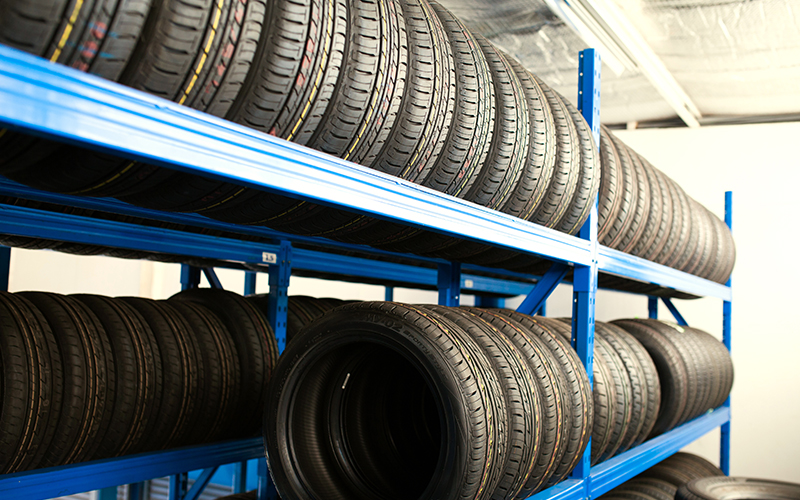
Quick Tip: To check if a tire has been stored properly, remember to look out for visible defects including cracks and cuts. Also, pay close attention to whether the tire shop is able to seat the tire on well. For complete peace of mind, always insist on Bridgestone tires from any of our authorised dealers.
Myth 3: Tires age at the same rate regardless of storage conditions.
Not at all. As tires age, they are subject to a process called oxidisation, where oxygen reacts with the compounds in the rubber – causing them to harden and in turn, become brittle with age. It’s true that oxidisation occurs at all temperatures, but it occurs more rapidly at higher temperatures, causing tires to age faster than usual.
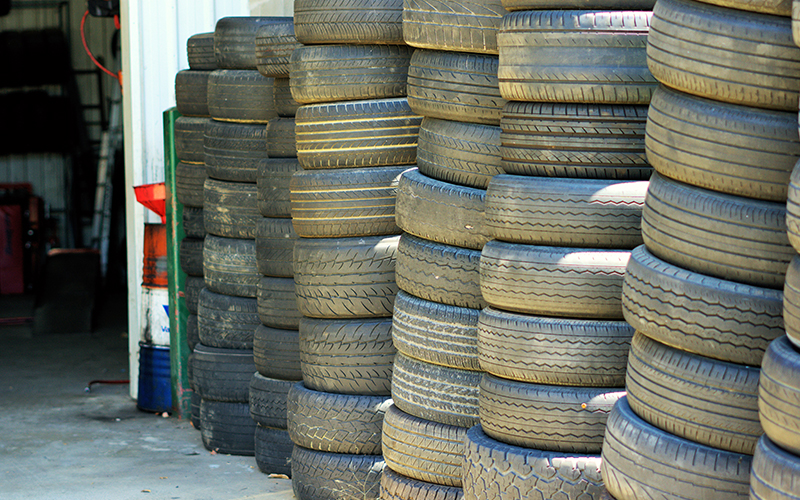
Quick Tip: If your car is parked and unused for more than few weeks at a time, try and find a parking spot that’s shaded and cool, such as in an underground or multi-story carpark, to minimize the effects of oxidization.
Myth 4: New tires don’t require as much care as compared to older tires.
Not true. The same rules of tire care apply to fresh tires too. Aim to check your tire pressure every 2-4 weeks to ensure optimal performance and safety for your drive. Also, inspect your tire tread every month for cracks or slashes in the rubber which may require professional intervention.
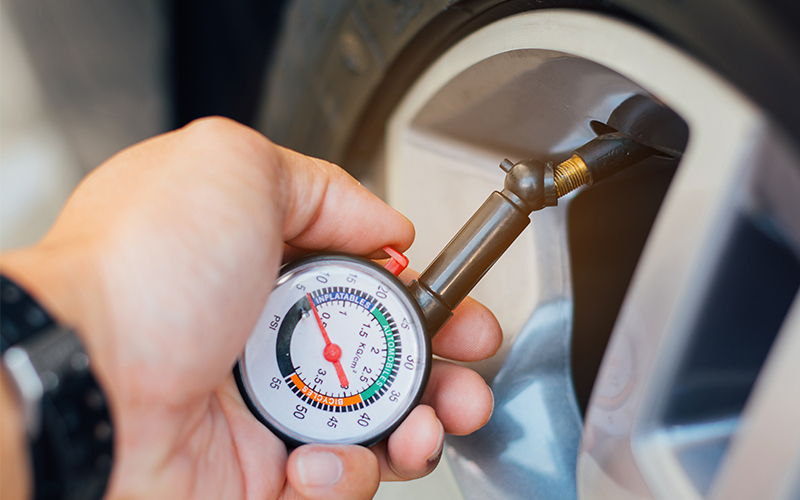
-
How to Choose Truck Tyres
How to Choose Truck Tyres
Some truck tyres are optimised to provide good off-road traction, while some are designed for smooth on-road handling and others offer a balance between the two. Which truck tyre is right for you?
Click to Learn More -
Run-Flat Technology Tires: How They Work
Run-Flat Technology Tires: How They Work
Though they first appeared in the mid-1980s, Run-Flat Technology tires are now more popular and technologically advanced than ever before. Take a look at the technology behind these game-changing tires.
Click to Learn More -
Fuel Efficient Tires
Fuel Efficient Tires
See how Bridgestone fuel efficient tires can help save you money at the petrol station, give you more mileage per liter and offer a comfortable ride while reducing carbon emissions.
Click to Learn More